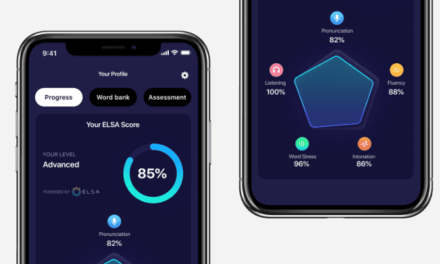Micro-credentials are increasingly considered a measure of employability and employee development, but make sure you ask the right questions before choosing a course that suits you.
In a fast-moving workplace, upskilling has become a constant requirement in order for professionals to stay relevant.
Most employees will need to manage multiple career transitions over their working life, and build career paths and business opportunities through continuous learning.
Micro-credentials can be a sound solution for the need to update and refresh skills, from technical to managerial, including soft skills such as communication and problem-solving.
In fact, employability skills are expected to be the fundamental requirement for almost two-thirds of all jobs in Australia by 2030, according to Deloitte Access Economics, while employers globally are looking at acquired micro-credentials as a measure of employee development.

It is now possible to sign up for short courses in almost anything, from risk management in banking to how to become a CEO.
However, the trick is finding a course that resonates not only with you, but also with your employer and your industry.
On the one hand, the value of a micro-credential offered by a private organisation is determined by the employees who do the course and the potential employers who consider its weight when comparing candidates’ CVs, says Simon Eassom, executive general manager, Member Education, at CPA Australia.
On the other hand, there is no universal framework that includes a consistent language around micro-credentials and quality assurance mechanisms, says Cherie Diaz, managing director Australia at OpenLearning, one of the world’s largest online education platforms.
“This creates confusion for learners, and locks out many providers who are delivering valuable, in-demand skills,” she says.
“From an employer’s perspective, if someone comes to them with a certificate or a badge, they need to know what that means.”
Despite the complexity, there are ways to decide if that course you are considering is beneficial to your career progression.
Related article
Choosing the right short course
If you want to update your skills, finding a course recommended by your professional body is always a smart idea.
Researching the current skills of someone higher up in your industry, or in the job you want, can also provide you with clues about which areas to skill up in next.
“It’s also a good idea to keep an eye on the trends appearing in your industry or profession, to see what skills may be needed in the future to stay relevant,” says Edwin Trevor-Roberts, CEO of the career management organisation Trevor-Roberts.
Beyond that, and even badges and certificates, Diaz suggests you ask a series of questions to decide if the course you are choosing offers true value.
Who is the organisation or individual delivering the course? Check their experience in the industry, and their alignment with other educational organisations or industry authorities.
While many private organisations now offer micro-credential courses, you may feel safer choosing a course from a reputable university or a platform such as openlearning.com, where all courses undergo a quality assurance process.
Is the course industry current, or has the provider worked with industry representatives to develop or provide it? What is the approach to the learning itself?
Aim for depth in learning; for example, activities that enable you to build upon your current experience and, importantly, the ability to build a connection with your peers.
What is the support model?
“You may need assistance to get the most out of the learning,” Diaz says.
If there is an assessment, is it enabling you to demonstrate your skills/understanding or is it just multiple choice? What are the learning outcomes?
Will the course simply add to your personal or professional knowledge, but not be certified by an independent educational, industry or government body? Or is it the first step on a ladder of courses that will lead to a qualification? Do you get to build a portfolio of evidence that is likely to be useful to your career?
Finally, while learning intelligence – the ability to acquire and learn new things – is a critical success factor for careers in the future, micro-credentialing must be part of a longer-term career strategy to ensure a sense of cohesion to what is being learnt, says Trevor-Roberts.
Towards a micro-credentialing framework
OpenLearning’s Cherie Diaz, managing director, Australia, and its CEO Adam Brimo have written a lifelong learning, micro-credentialing framework that launched on 1 July.
They suggest that micro-credentials be centred around hours, and evidence of learning to show a development of knowledge, skills and competency in a particular area be classified as OpenCreds.
CPA Australia has previously urged the government to consider revisions that would encompass the new way adults learn in its Australian Qualifications Framework, the policy for regulated qualifications within the education and training system.
Source IN THE BLACK
Like this? Read more other interesting topics HERE






Recent Comments